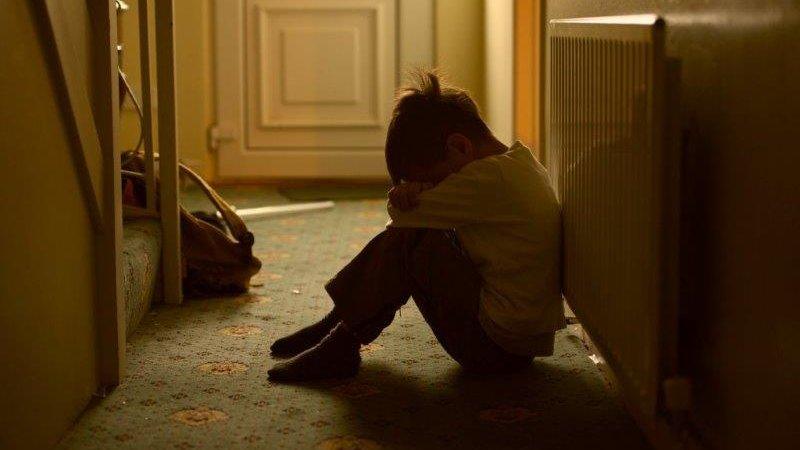Kincora survivor pleads with politicians for action
- Published
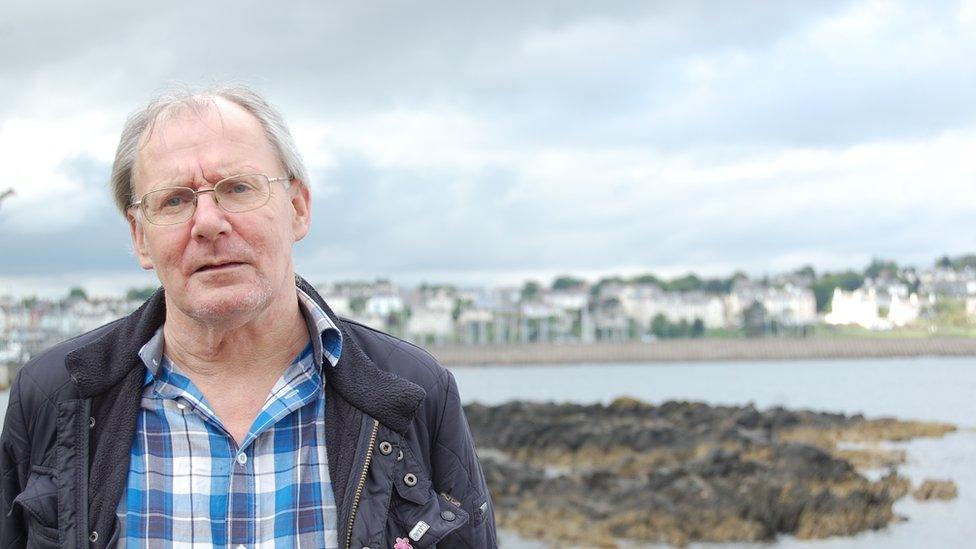
Kincora survivor Clint Massey wants the state to acknowledge it let him down
A survivor of abuse at the notorious Kincora Boys' home in Belfast has made a passionate appeal for politicians to take urgent action to help other victims of institutional abuse.
Hundreds of victims gave evidence about their experiences at a number of institutions in Northern Ireland to the Historical Institutional Abuse Inquiry, external last year.
Its chairman, Sir Anthony Hart, presented his final report in January, making a series of recommendations including a memorial, financial compensation and a public apology from the Northern Ireland Executive.
But Stormont collapsed in January - days after the report was published - and, without an executive, the recommendations cannot be enacted.
Last year, Clint Massey, from Bangor, County Down, told the inquiry about being sexually abused at Kincora, a home in east Belfast. Three senior care staff at the home were jailed in 1981 for abusing 11 boys in their care.
Twelve months on, Clint, 59, is having treatment for cancer - but, like the rest of the abuse survivors, he is still waiting for an apology.
Contrary to some people's presumptions though, for Clint, it is not about the money.
"The actual sum is pitiful," he said.
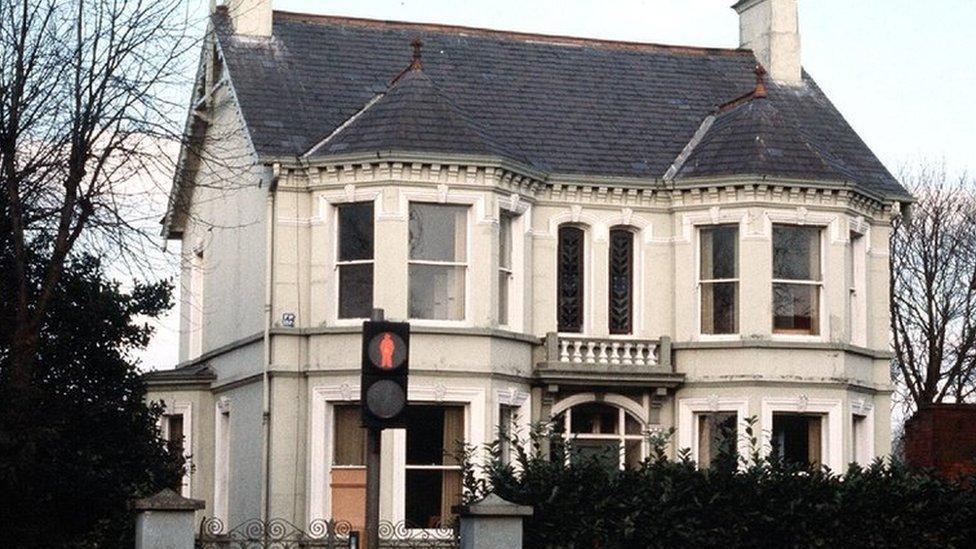
Three senior care staff at Kincora were jailed in 1981 for abusing 11 boys
"You'd get more for whiplash. No, I just want the state to say: 'Yes, we let Mr Massey down.'
"'We knew what he was walking into and we were wrong and we're sorry for that'.
"That's all I want. I don't care about the money."

Sir Anthony Hart's recommendations
Compensation to survivors of abuse, including in homes/institutions not covered by HIA inquiry, and relatives of deceased
Permanent memorial erected at Stormont
Public apology to survivors
Establishment of a commissioner for survivors of institutional abuse
Specialist care and assistance tailored to needs of victims

Over the years, Clint has had some difficulties with his mental health. He said he is concerned about the other victims, too.
"I'm sure some people, to this day, are having nightmares about the times they had in their own institutions," he said.
"They might need help, by all means let the government give them help. All that help costs money."
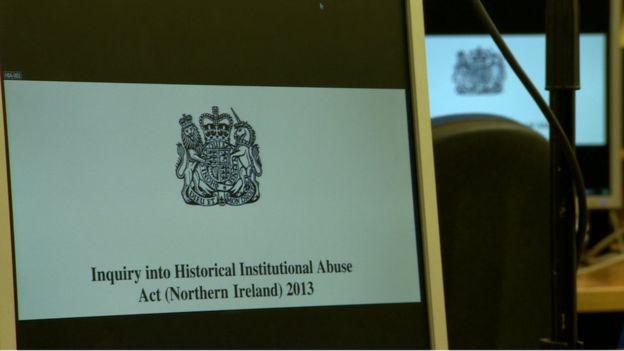
The Historical Institutional Abuse Inquiry recommendations included an apology to victims
He is worried, too, about the long-term effects on others - particularly those abuse survivors who did not take part in the inquiry.
"I found out there were two other guys from Kincora [at the inquiry] and I was thinking there were lots of men passed through that system.
"Obviously, some people have families who knew nothing about that side of that person and they were determined to keep it quiet.
"Some could be dead. Some could be in other countries.
"I can understand that, but they're like little time bombs. They need to express themselves. They need to tell somebody."
- Published20 January 2017
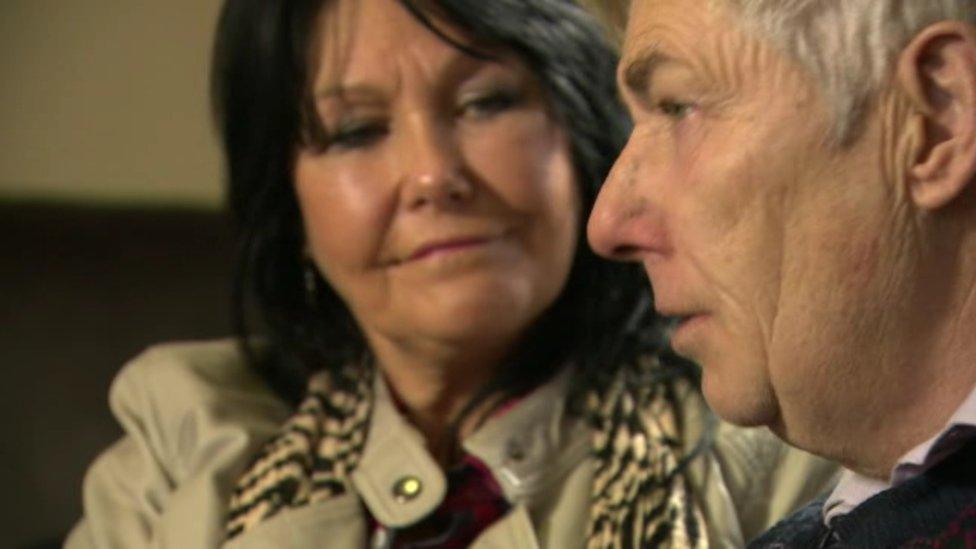
- Published20 January 2017
